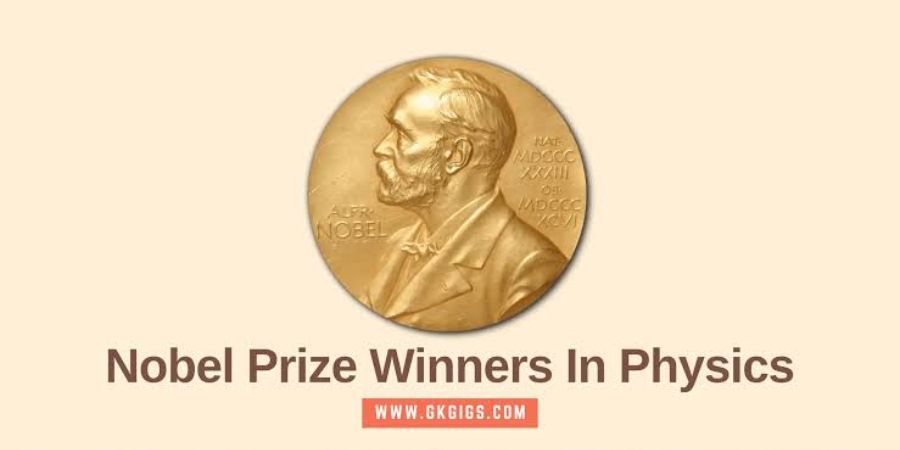Nobel Prize In Physics-year Wise Part - 4 (1943 - 1955)
- Otto Stern received the Nobel Prize in Physics in 1943 "for his contribution to the development of the molecular ray method and his discovery of the magnetic moment of the proton".
- Isidor Isaac Rabi, often known as Israel Isaac Rabi, was an American scientist who was awarded the Nobel Prize in Physics in 1944 for developing the nuclear magnetic resonance technique that is used in magnetic resonance imaging.
- One of the founding fathers of quantum physics was Wolfgang Ernst Pauli. He was an Austrian theoretical physicist. Pauli won the 1945 Nobel Prize in Physics for his "decisive contribution through his discovery of a new law of Nature, the exclusion principle or Pauli principle" after Albert Einstein nominated him. A theory of the structure of matter's foundation, spin theory, was the subject of the discovery.
- American physicist Percy Williams Bridgman won the 1946 Nobel Prize in Physics for his research on the physics of high pressures. He also wrote extensively about other facets of the philosophy of science as well as the scientific process. He is the creator of the Bridgman effect, Bridgman-Stockbarger technique, and high-pressure mineral bridgmanite.
- Sir Edward Victor Appleton received the 1947 Nobel Prize in Physics "for his investigations of the physics of the upper atmosphere, particularly for the discovery of the so-called Appleton layer".
- For "his development of the Wilson cloud chamber method, and his discoveries therefrom in the fields of nuclear physics and cosmic radiation," Patrick Maynard Stuart Blackett received the 1948 Nobel Prize in Physics.
- Hideki Yukawa received the 1949 Nobel Prize in Physics "for his prediction of the existence of mesons on the basis of theoretical work on nuclear forces".
- For "his development of the photographic method of studying nuclear processes and his discoveries regarding mesons made with this method," Cecil Frank Powell received the 1950 Nobel Prize in Physics.
- Sir John Douglas Cockcroft was a British physicist who shared with Ernest Walton the Nobel Prize in Physics in 1951 for splitting the atomic nucleus, and was instrumental in the development of nuclear power.
- Felix Bloch was a Swiss-American physicist. The 1952 Nobel Prize in Physics was given to him and Edward Mills Purcell in recognition of "their development of new ways and methods for nuclear magnetic precision measurements".
- Frits Zernike, a Dutch physicist who won the Nobel Prize in Physics in 1953 for developing the phase-contrast microscope.
- Walther Bothe and Max Born shared the 1954 Nobel Prize in Physics, which was given for "for the coincidence method and his discoveries therewith" and "for his fundamental research in quantum mechanics, especially for his statistical interpretation of the wave function".
- Willis Eugene Lamb and Polykarp Kusch shared the 1955 Nobel Prize in Physics equally for their "discoveries concerning the fine structure of the hydrogen spectrum" and "for his precision determination of the magnetic moment of the electron," respectively.




